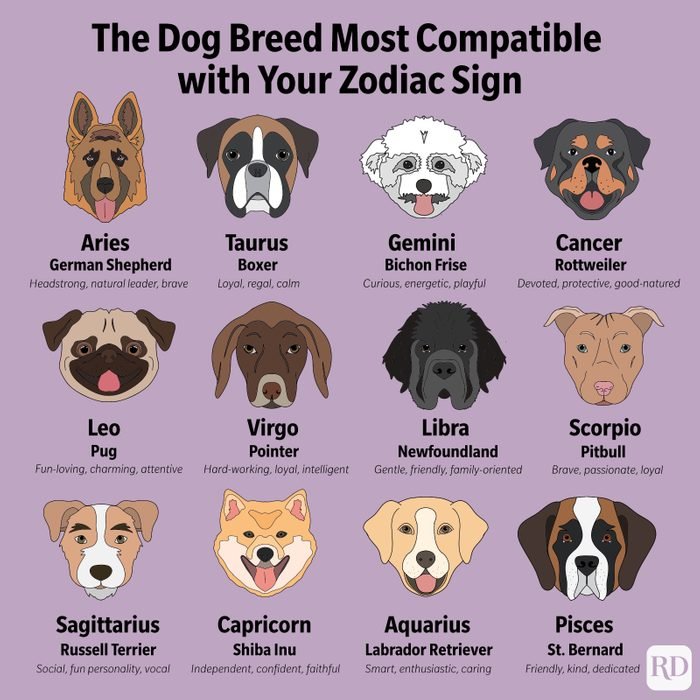
The English Mastiff (or English Mastiff) is a large dog breed, which is native to England. It is thought to have been a result of an ancient dog breed, the Alaunt/Pugnaces Britanniae. This was then influenced in part by the Alpine Mastiff during the nineteenth century. The breed is prone to digging and drooling, but it's also protective and stubborn.
Drool has a tendency to prevail
Mastiffs' tendency to drool vary from breed to breed. There are some breeds that are known for being dry-mouthed, while others are more prone to drooling. This makes it important to choose the right breed. The following chart compares the different mastiff types and their likelihood of drooling. The chart is based on information from the American Kennel Club.
Doggy breeds with flat faces and large lips tend to drool less often than others. This is caused by excess saliva in the cheek pockets, which is released when the dog shakes his heads. This can be a sign of dental problems, or even tumors.
Anxiety or pain can cause drooling. Dogs often drool more when they are stressed or anxious. This is a subtle, but clear sign that the dog may be in pain and requires medical treatment. Dogs that drool are known as hypersalivation, or ptyalism. While this behavior is caused by a variety of conditions, dental disease is the most common cause.
Tendency To Dig

Mastiffs are naturally inclined to dig in their yard. This instinct is to mark territory. They can weigh upto 230 pounds. This means they require large yards. If you don’t have a large yard you might have to dig up your grass to accommodate your Mastiff.
Digging is a fundamental instinct for many dogs. Breeds that are designed to dig have been developed to be able to do so. Northern breeds, for instance, dig in cold weather to keep warm. In addition, other breeds use digging as a fun activity when they're bored.
You should keep an eye on your Mastiff's digging habits. Make sure that your Mastiff does not dig outside the boundaries of his designated area. Punish him if he attempts to do so. Your Mastiff should be reprimanded when he digs. However, you should praise him for digging in the correct area.
Tendency to Be Protective
Mastiffs can be loyal and loving dogs. But their protective nature can make them a bit aloof with strangers. Mastiffs are friendly but stubborn. To prevent them from exhibiting undesirable behavior, you need to give them consistent positive training. It's vital to socialize your Mastiff early in life and encourage positive interactions between them and other dogs. This will help prevent aggressive behavior from later on.
Mastiffs are friendly and can play nicely with children. Mastiffs can also be very large, and can cause children to lose their balance. They are strong and large so it is important to socialize them as soon as possible. Mastiffs are very gentle around children. However, they shouldn't be allowed to climb on your dog. Mastiffs should always be supervised by children.

Mastiffs are large and strong dogs, but they're also very loving and tolerant. Mastiffs have a tendency to be stubborn, and they may slobber. However, they are not aggressive and will always protect their friends. Mastiffs are great companions for families because of their temperament and physical structure.
Tendency To Be Sturdy
A Mastiff is an impressively powerful dog, but its tendency to be stubborn makes it a challenging pet. This breed is loving and gentle but can sometimes be stubborn. Mastiffs, despite their stubbornness, are not destructive dogs. Instead, it is a dog that prefers to do what it thinks is best. Mastiffs stubborn nature is an asset in protecting the family. The dog will protect the family if they are in danger.
To develop a positive temperament, Mastiffs must be socialized from a young age. This will help them be more protective. They will learn how to distinguish between friend and foe by using the right body language. They will also be able to identify when someone is acting in a disrespectful manner, and they will be able hear the sounds of children.
A Mastiff should be part of a family. They shouldn't be left alone in the yard. They may get bored or feel sad if they are left alone in the yard, so it is important to make sure they spend enough time with you.
FAQ
What are your considerations when choosing a pet to own?
First, think about what type of lifestyle you desire for yourself and your family. Do you have children? If so, how many? What age are they now? Are there any special dietary requirements?
Do you have allergies? Is there any additional information you need about your pet?
Now, you can think about whether you are looking to find an active companion, quiet lap dog or house-trained cat. Or perhaps a fish tank filled with tropical fish.
If you're considering adopting a puppy, make sure you visit a shelter or rescue group where you can meet the animals and see if you feel comfortable with them.
You'll also want to know if the animal has been vaccinated against rabies and other diseases.
Next, check with the owner to see if he/she will take care your animal while you're on vacation. You won't need to worry about your pet being left at home.
Pets are part of the family. You shouldn't adopt a pet unless it is a good fit for you!
How often should I groom my dog?
It is essential to groom your dog. It will keep your dog's coat healthy and clean.
At least twice per week, your dog should be brushed. Brush your dog after every meal.
Brushing your dog's fur will remove loose hair and dirt. Brushing his teeth will make him appear healthier.
And brushing his ears will help prevent ear infections.
What kind should I feed my dog?
You should feed your dog a healthy diet.
High-protein foods include chicken, beef and fish as well as eggs and dairy products.
Other foods high in carbohydrates include vegetables, fruits, breads, cereals pasta, rice, potatoes and beans.
A variety of foods that are low-fat include lean meats (poultry, fish), nuts, seeds, legumes, and whole grain.
Before giving your dog different food types, always consult your veterinarian.
Statistics
- For example, if your policy has a 90% reimbursement rate and you've already met your deductible, your insurer would pay you 90% of the amount you paid the vet, as long as you're still below the coverage limits of your policy. (usnews.com)
- A 5% affiliation discount may apply to individuals who belong to select military, law enforcement, and service animal training organizations that have a relationship with Nationwide. (usnews.com)
- Pet insurance helps pay for your pet's medical care, with many policies covering up to 90 percent of your vet bills. (money.com)
- It is estimated that the average cost per year of owning a cat or dog is about $1,000. (sspca.org)
- Here's a sobering reality: when you add up vaccinations, health exams, heartworm medications, litter, collars and leashes, food, and grooming, you can expect a bill of at least $1,000 a year, according to SSPCA. (bustle.com)
External Links
How To
How to train your pet cat
Before you can train your cat, it is important to understand the nature of your pet. Cats have very complex brains. Cats are highly intelligent and emotional animals. Your cat's personality is an important aspect of your cat's behavior. You need to be able to manage your cat properly.
It is important that cats remain independent. They don't like being told "no." It can also mean that they don't like being told "no" and may get upset at you. You should not hit your cat if he/she does wrong. It is important to show affection and love to your cat but you shouldn't treat them like a human being.
If you think that your cat has some problems, then you should try to solve them together. Talk to your cat calmly. Do not yell at him/her. Do not make him/her feel bad by shouting. Also, you cannot force your cat to eat. Sometimes your cat will not eat what you offer. You should offer treats to your child when this happens. However, don't over-indulge as this could lead you to overeating.
Keep your cat clean. Wash him/her thoroughly every day. Use a wet cloth to wipe off dirt and dust. Check to make sure your cat is free of fleas. Flea bites may cause skin irritation or allergies. Flea bites can be painful and should be treated with a shampoo.
Cats love to be social. They love spending time with people. It is important that you spend quality time with your pet cat. You can play with your cat, give him/her food, cuddle and brush him/her. These activities will make you cat happy.
It is important to start training your cat early if you want to be successful. When your kitten is just two weeks old, you should begin training him/her. Your kitten should be around three months old to start training him/her. Your cat will be fully grown at this age and ready to learn new skills.
Your cat should be taught tricks step-by-step. If you want to teach your cat to sit down, then show it/him the chair. You should then say "sit" to your cat and reward it/her with a treat. You can repeat these steps until the cat understands.
Remember that cats are intelligent. Cats are smart and can figure out how to do tasks. They still need patience and persistence. Don't expect your cat to instantly master a task. Give him/her plenty of time to practice before giving up.
Keep in mind that cats are wild animals. They are naturally curious and playful. If your cat is free to roam, he/she could accidentally knock over things. You should make sure your cat is in a safe place so that he/she doesn't get hurt.